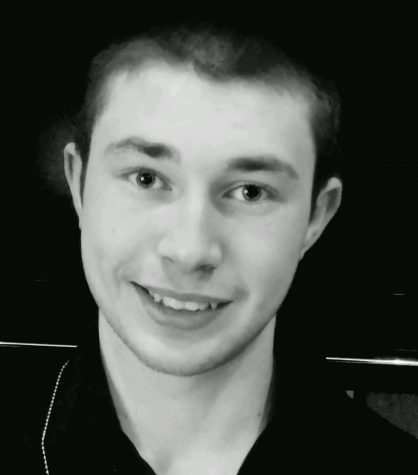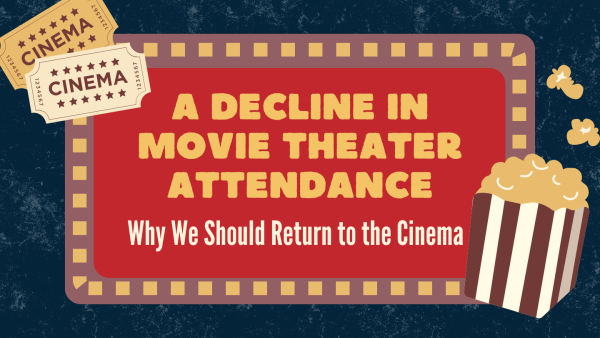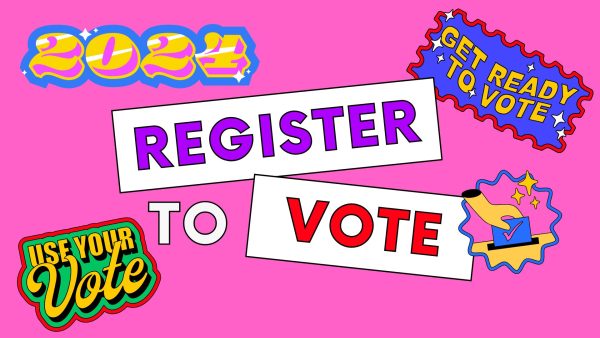Dallas: Putting Justice in the Justice System
Photo by Courtesy of Creative Commons
In the last decade, we have seen extraordinary changes in social acceptance and understanding: from the LGBT community, race, and disabilities, this world is not the same as it was even a mere five years ago. Now, it looks like another major step is being taken in this direction, in the form of mental health and the justice system. Mental disease and how if affects the status of a crime is a matter of opinion; however, what cannot be debated is that the people inflicted with mental health issues are not the same as your average individual, so why should they be subjected to the same process? Clearly, this idea is starting to resonate here in the US, as the city of Dallas, Texas, has launched a new program to work in tangent with their police force to help deal with those who are mentally ill. Overall, they hope this not only to be a success for them- but to help set an example for the rest of the country.
The main reason this started was because of an incident back in 2015 when Sean Harrison’s brother was fatally shot by the police. His brother, Jason Harrison, suffered from Schizophrenia; while the name of the illness carries a connotation, it is an unfortunate byproduct of high levels of dopamine, something that could only be treated through medication. Following this event, Sean sued the police force for the reckless and irresponsible way in which they handled the incident. While the outcome is not mentioned, it is clear now that the Dallas police force recognize the severity of this incident, integrating what they call “The Rapid Integrated Group Healthcare Team” to assist in these special situations. In the team, they wanted to try and include all necessary specialists: an officer a paramedic, and a behavioral specialist. By doing this, they allow themselves to still be focusing critically on the law enforcement aspect yet also taking into consideration the needs of others. While the system is too new to gauge its effectiveness, already in the first week it has helped four individuals get the help they need in a mental facility instead of a prison.
With the world ever-changing, taboos and stigmas being altered everyday, we can only hope the momentum of change will continue for every group of individuals. With this new system in place, the hope is now to actually help the person get through their issues, to prevent any future problems. No longer is the goal to fix that short-term event, rather, to look long-term at the benefits it can encompass. From here, all we can do is hope this sets the bar for other states and cities to build on.

Grade 12
“Always dream and shoot higher than you know you can do. Don’t
bother just to be better than your contemporaries or predecessors. Try
to...






